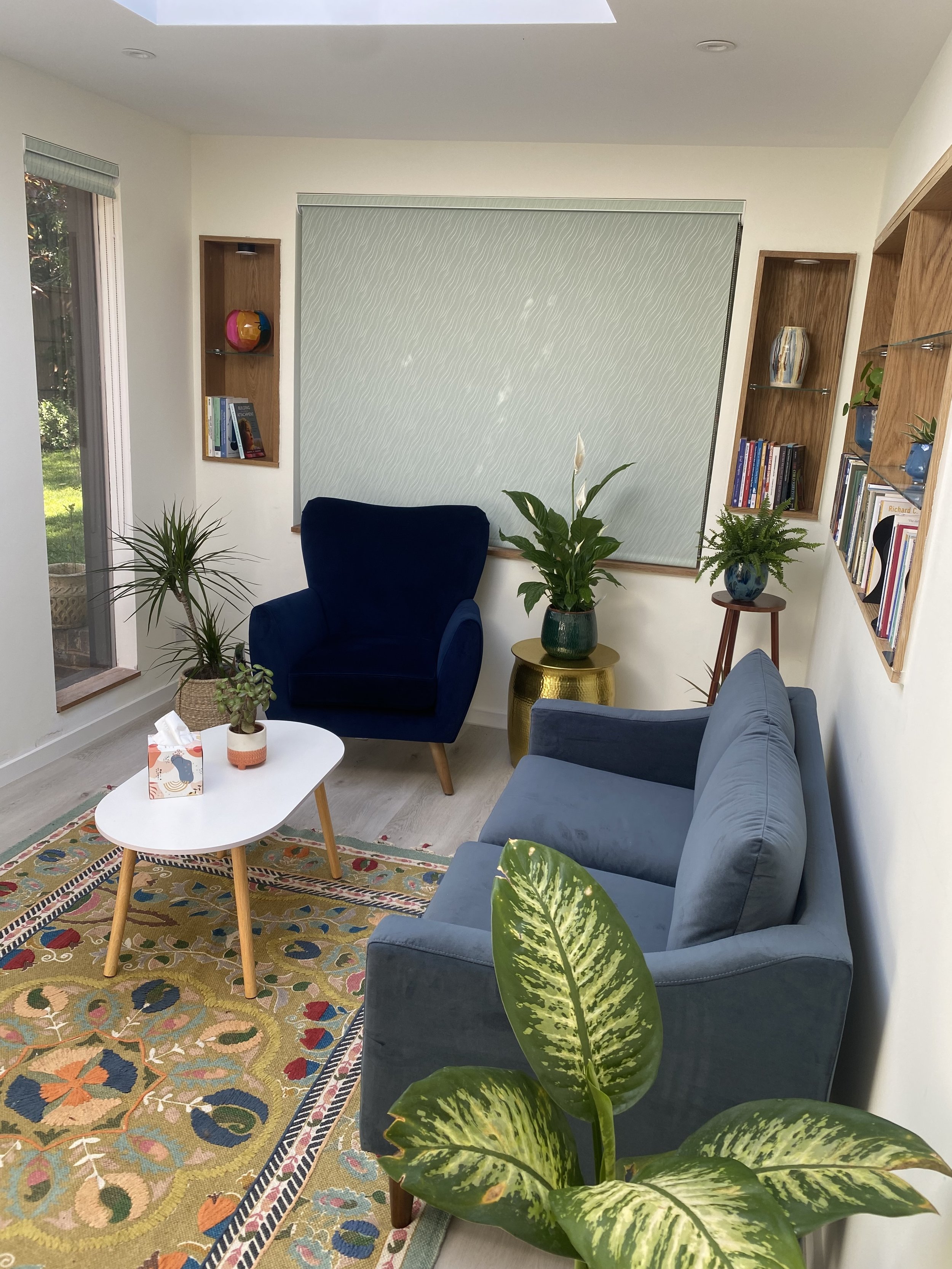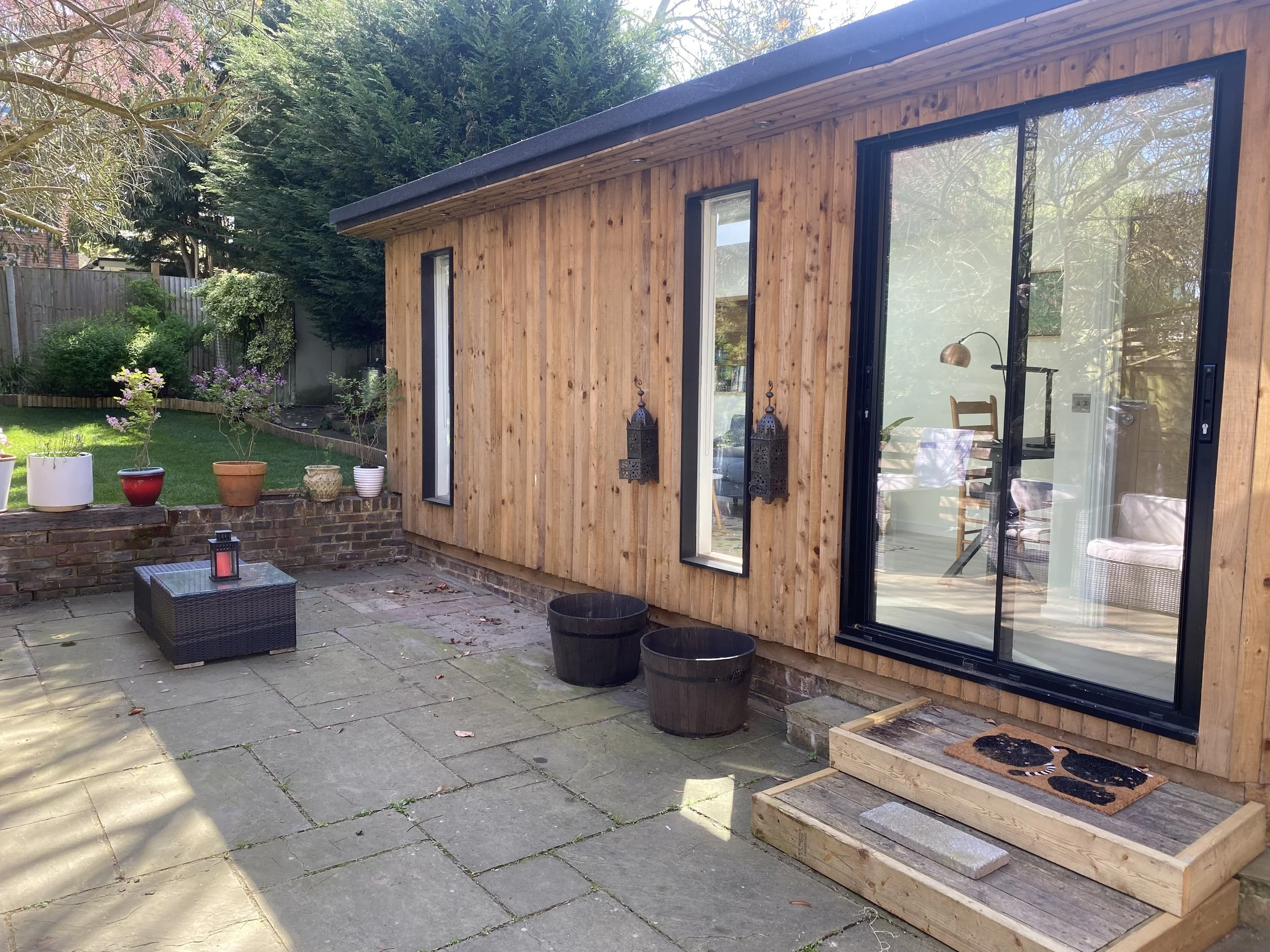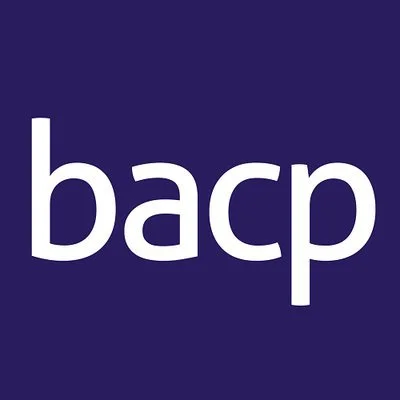Professional background
I currently work with adults, young people, and families in my private practice, supporting clients navigating challenges such as anxiety, depression, and loss. Alongside my private work, I also support individuals and families affected by cancer through a national charity.
My therapeutic approach is shaped by extensive experience across a range of professional settings, including hospitals, schools, and non-profit organisations. I’ve had the privilege of working with clients at different stages of life, from young people in school environments to severely ill patients and their families in hospital settings.
Early in my career, I worked as a family support worker in a paediatric hospital, where I supported families through the emotional demands of their children's treatment for chronic illnesses such as cancer. This experience gave me a deep insight into the profound emotional strain that illness and bereavement can place on individuals and relationships. I saw how moments of crisis often surfaced deeper challenges, and I felt compelled to understand more about how to offer meaningful emotional support to people during times of extreme vulnerability.
In addition to my work in healthcare, I managed a counselling service in a secondary school, providing therapeutic support to young people experiencing complex family dynamics, mental health difficulties, and special educational needs. This role highlighted the far-reaching impact of early life experiences on a young person’s emotional development and future wellbeing—a perspective that continues to inform my work as a therapist today.
In 2016, I completed an MA in Integrative Psychotherapy, a pluralistic approach that draws from a range of therapeutic models to meet each client’s unique needs. My thesis focused on self-harm in young adults, proposing ways clinical services could better support individuals in crisis based on my research findings. Following this, I began working as a psychotherapist at a bereavement and cancer charity, where I have continued to specialise in grief and loss.
In-person sessions are held in my purpose-built, self-contained garden practice, designed to ensure complete confidentiality and help clients feel comfortable and at ease. I also offer online sessions for those who prefer the flexibility of remote support.
Bereavement
Eating Disorders
Stress
Relationships
Family-related issues
Identity issues
Loneliness
ADHD
Anxiety
Self-esteem
Age-related issues
Trauma
Depression
Cancer and chronic illness
Parent-work
Experience and Expertise
Psychodynamic
Our personalities, relationships and outlook on life are largely defined by our past experiences, stretching back to our youth and childhood. To make sense of our present selves it is often useful to reflect on how we have been shaped by our past. I encourage my clients to explore and discuss their life in the past as this can often provide insights into why we behave we do now. My training as a child and adolescent psychotherapist allows me to offer a unique perspective on the formative impact of these early stages of life, and how our past circumstances, relationships and exposures can influence us in the present as adults.
Therapeutic Approach
As an integrative psychotherapist I employ different approaches depending on my clients’ preferences and needs. The central strategies to my approach include:
Person-centred
This focuses on creating a safe and comfortable space for the client, emphasising the need to eliminate judgement while prioritising authenticity and empathy. This aims to understand what it is like to be in the client’s position, and ensure that they feel comfortable as they share their personal lives.
Cognitive behavioural therapy (CBT)
CBT is a talking therapy that helps us manage our problems by changing the way we think and behave, employing practical solutions and coping strategies. This approach is highly pragmatic and helps regain control over emotions and stressors in our lives. This strategy can help to reduce symptoms of anxiety and depression, among other mental health challenges. We will work together collaboratively to find different ways of approaching the problems and stressors in the client’s life.
Professional Qualifications
Fully accredited by both the United Kingdom Council for Psychotherapy (UKCP) and the British Association for Counselling and Psychotherapy (BACP).
MA Integrative Psychotherapy
Postgraduate Certificate in Integrative Adult Counselling
If my background and approach appeals to you and you would like to learn more about what to expect, please click below.



